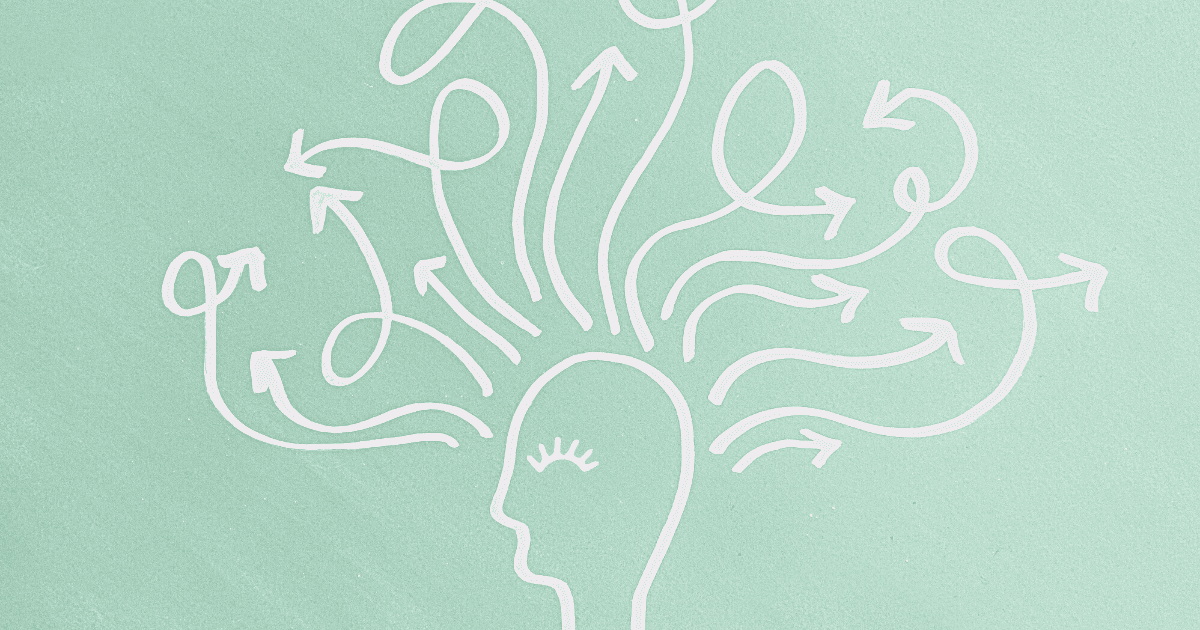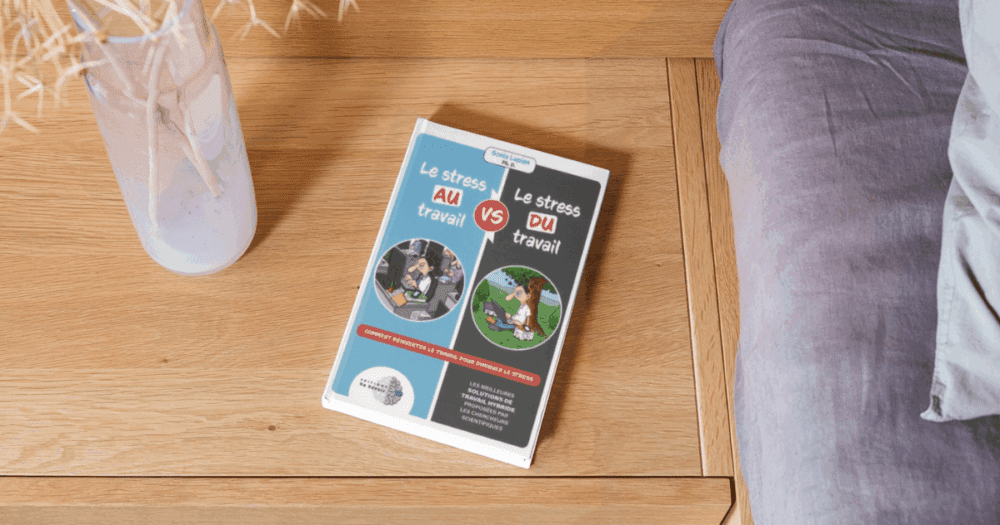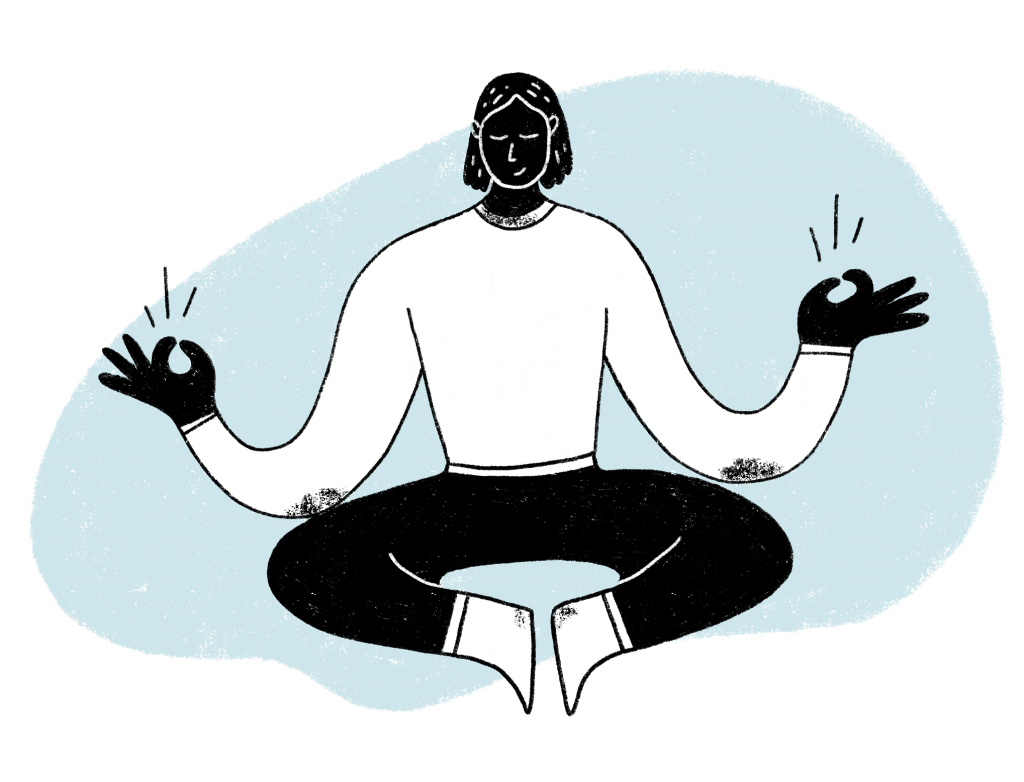
12 February 2026
7 min.
Competence
6 May 2024
5 min.

Ever feel overwhelmed at work—like every email is another wave crashing over you? You’re not alone! At Boostalab, we recently devoured the latest book by Dr. Sonia Lupien: Le stress au travail vs le stress du travail. And we couldn’t resist sharing a few of our favourite insights.
Dr. Sonia Lupien is a leading figure in the world of neuroscience, specializing in the study of stress. With a Ph.D. in neuroscience, she’s widely recognized for her deep understanding of how stress works in the human brain.
She’s also the founder of the Centre for Studies on Human Stress, an organization dedicated to making scientific knowledge about stress accessible to the public—with the goal of improving physical and mental health. Her groundbreaking work continues to inspire research and shape mental health strategies around the world.
Back at your desk, staring down a mountain of emails—feel the stress creeping in?
According to numerous studies, stress often comes not from what we do, but how we do it. That means taking back control over how we organize and execute our work can be a powerful way to reduce stress levels.
The good news? There are plenty of ways to do just that.
Striking a balance between performance and well-being is possible—if we learn to embrace the good stress (the kind that fuels us) and manage the bad stress (the kind that makes us want to freeze or flee).
Help your teams manage stress more effectively with our turnkey solutions

According to Sonia Lupien, one of the main sources of stress is our ability—or inability—to stay focused. Reducing “surface work” and prioritizing deep work is key to lowering stress levels.
While new technologies may make collaboration easier, they also come at a cost to our mental load. Multitasking, in particular, leads to fragmented focus—and that fragmentation can seriously drive up stress levels.
In her book, Sonia Lupien shares a wealth of studies showing how each interruption at work takes a toll—on work quality, efficiency, and overall productivity.
The average worker spends over 40% of their time switching from one task to another.
Since it takes the brain an average of 23 minutes to refocus after each interruption… it’s easy to see how costly this can be—for both employees and employers.
Always feel like you’re racing against the clock? Like there’s never enough time? That constant rush is actually raising your body’s biological markers of stress.
These interruptions often come from your work environment (like working all day in an open-plan space), but research shows that nearly 50% of them are self-inflicted!
Think about all the times you stop what you’re doing to jump to something else—for any number of reasons: boredom, urgency, habit, or simply out of routine.
That’s why managing interruptions and cutting back on multitasking—to create more space for deep work—can have a powerful impact. It not only improves the quality of your work but also helps reduce your stress levels.
Sonia Lupien specifically recommends prioritizing tasks effectively and structuring your workday to allow for uninterrupted focus time.
At Boostalab, we’ve also explored the topic of focus. Here are a few practical tips and tricks featured in our training solutions—designed to help you stay focused and keep stress levels in check:
Understanding what’s disrupting your focus is the first step toward managing stress more effectively.
We strongly encourage you to explore the powerful work of Dr. Sonia Lupien—or join one of our workshops or training sessions.
Take action on your stress today, and start turning it into an everyday ally!
At Boostalab, we believe that well-being and performance go hand in hand. That’s why we’ve designed training solutions to help your teams better manage stress—by strengthening their soft skills.
Our stress management training programs provide practical, proven tools to identify sources of tension, navigate them, and turn them into opportunities for growth.
Get in touch and discover how our solutions can help you build a team culture where stress becomes a driver, not a roadblock.
Blog

12 February 2026
7 min.

10 February 2026
7 min.

15 December 2025
6 min.